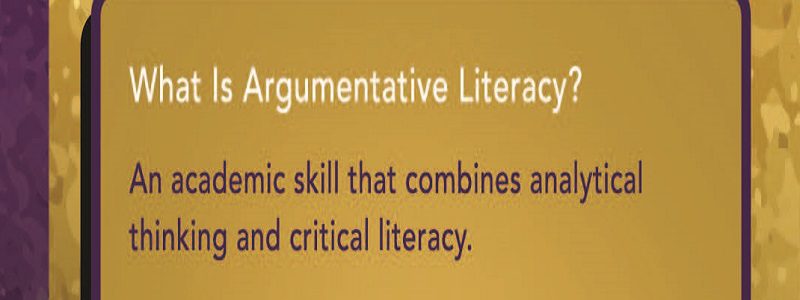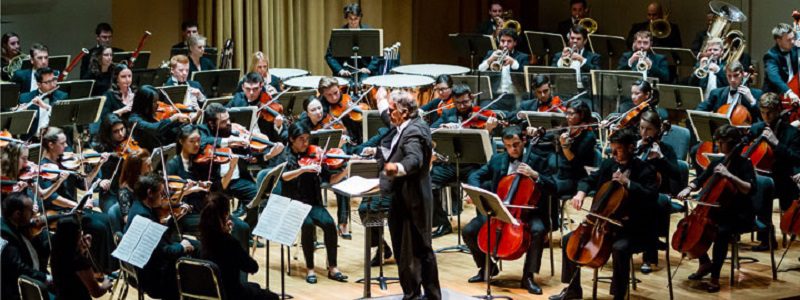Should High School Students Be Required to Take Algebra? Debating the Matter in Class Using SPontaneous ARgumentation
A debate has broken out over the past few years in (and beyond) education circles over whether algebra should be a high school graduation requirement. The controversy in its current iteration was fueled when the Common Core elevated algebra to a privileged position in secondary math education. Then Secretary of Education Arne Duncan made the case for the standards’ commitment to algebra in a 2011 speech to the National Council of the Teachers of Mathematics.
In recent years, it has become increasingly clear to the country — not just to you guys as teachers — that algebra is a key, maybe the key, to success in college. Students who have completed Algebra II in high school are twice as likely to earn a degree as those who didn’t. Algebra teaches students reasoning and logic leading to academic success not just in math but across the curriculum.
The Issue of Free Public College and an Argument Writing Assessment
Overview of the Issue
One of Abraham Lincoln’s great achievements as President was to found in 1861 land grant colleges, which evolved into the nation’s four-year public colleges and universities. A college education at a public university has been a ticket into the middle class and upward mobility and opportunity for millions of people. For about 100 years – and most especially after World War II and the passage of the GI Bill – the cost of going to a public college or university was minimal or free. However, over the past 30 years, tuition at these institutions of higher learning has been climbing steadily. Today, the average tuition at four-year public college is nearly $20,000 per year. With room and board, the cost has climbed to more than $40,000 annually.
Kafka’s ‘Metamorphosis’ and Argument Stations
Only with his last glance did he see how the door of the his room had been torn open, how the mother ran out in front of the screaming sister (mother was in her underwear because the sister had undressed her to help her breathe more easily when she fainted), and how the mother then ran to the father; on her way to him, her fastened skirts slid one after another to the floor and as she tripped over the skirts, she assaulted the father and threw her arms around him, uniting wholly with him – Gregor’s sight then failed him – as she put her hands on the back of the father’s head and bade him spare Gregor’s life (48-49).
— Franz Kafka, The Metamorphosis (1915)
School-Specific Posters Promoting an Argumentation Initiative
One of Argument-Centered Education’s partner schools — James H. Bowen High School (Chicago, IL) — is in the midst of a multi-year commitment to argumentative literacy as its Targeted Instructional Area (TIA). Bowen is organizing instruction around academic argument, across all disciplines, and is measuring student performance growth, school-wide, on their TIA three times yearly. They have also committed to intensive and on-going professional training and in-class implementation coaching and support in incorporating rigorous argumentation on all classroom projects and assessments.
Music and Argument: Helping Students See the Underlying Unity of Academic Work, Even in Music
God has given us music so that above all it can lead us upwards. Music unites all qualities: it can exalt us, divert us, cheer us up, or break the hardest of hearts with the softest of its melancholy tones. But its principal task is to lead our thoughts to higher things, to elevate, even to make us tremble . . . . The musical art often speaks in sounds more penetrating than the words of poetry, and takes hold of the most hidden crevices of the heart . . . . Song elevates our being and leads us to the good and the true.
— Friedrich Nietzsche (1888)






